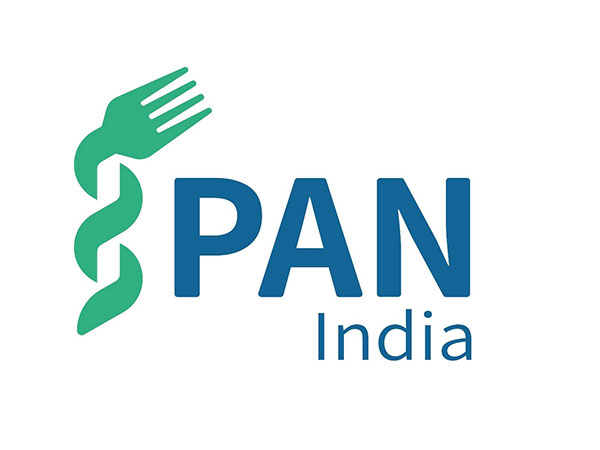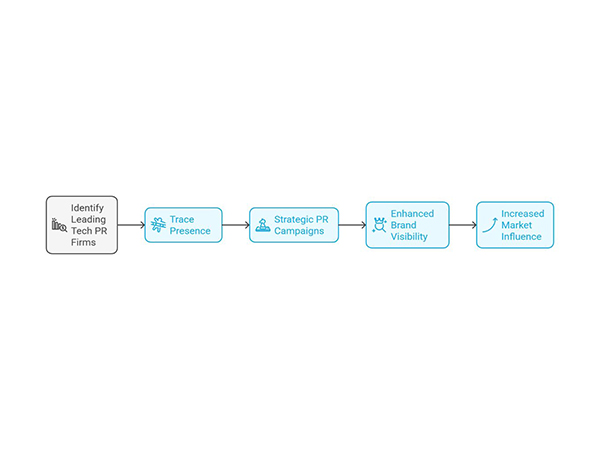Study discerns Alzheimer's vulnerability, resilience factors
Jul 26, 2024
Washington D.C. [US], July 26: A Massachusetts Institute of Technology (MIT) study published in Nature reveals new insights into the vulnerability of specific cells and circuits in Alzheimer's disease, as well as factors that may help some individuals remain cognitively resilient despite disease pathology.
Researchers compared gene expression across multiple brain regions in people with and without Alzheimer's, analysing over 1.3 million cells from 70 cell types in six brain regions from 48 tissue donors.
Key findings showed that certain neurons in the hippocampus and entorhinal cortex, crucial for memory, were significantly less abundant in Alzheimer's patients and linked to worse cognitive performance.
Many vulnerable neurons shared a common circuit and were connected to Reelin, a protein crucial for cognitive health. The study underscores the potential of targeting these neurons and pathways to develop interventions that sustain cognitive function in Alzheimer's patients.
The study also discovered that astrocytes expressing genes linked to antioxidant activity, choline metabolism, and polyamine biosynthesis were associated with sustained cognition in Alzheimer's patients, even with high tau and amyloid levels.
This reinforces previous research suggesting dietary choline supplements and the potential of spermidine, an antioxidant supplement, as protective measures.
Source: Times of Oman








